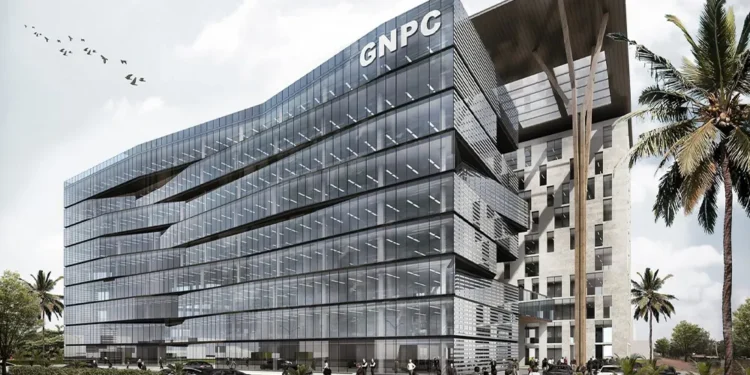The Public Interest and Accountability Committee (PIAC) has advocated for reforms in the composition and appointment processes of Board Members of the Ghana National Petroleum Corporation (GNPC). According to PIAC, these reforms would ensure that individuals with technical competence or experience in the extractives industry can provide strategic direction to the corporation.
PIAC highlighted its observations in its second Issue Paper titled, “The Role of GNPC in the Upstream Petroleum Industry: Challenges and Prospects.” It noted that the current appointment process, governed by PNDCL 64, allows all board members to be appointed solely by the President of Ghana, based on the advice of the Minister for Energy. This has led to concerns that individuals affiliated with the ruling administration are often appointed to the Board.
Furthermore, PIAC pointed out that the GNPC Board lacks institutional representation compared to other organizations such as the Petroleum Commission Board. It emphasized the need for an urgent review of PNDCL 64, which lacks specific criteria for board appointments and creates an opportunity for partisan appointments.
In addition to the call for reforms in board appointments, PIAC urged the GNPC to take action to retrieve funds owed to it by the state and other government agencies. It also recommended a review of the corporation's Corporate Social Responsibility activities to allocate more funds to cash calls and mandates, especially with the expected cessation of funding from the Petroleum Holding Fund.
While commending GNPC for its role in managing Ghana's interests in upstream petroleum activities, PIAC stressed the importance of the corporation refocusing on its core mandate and increasing efforts to become a viable stand-alone operator.
As an independent statutory body mandated to promote transparency and accountability in the management of petroleum revenues in Ghana, PIAC's recommendations aim to enhance governance and effectiveness within the GNPC.



























